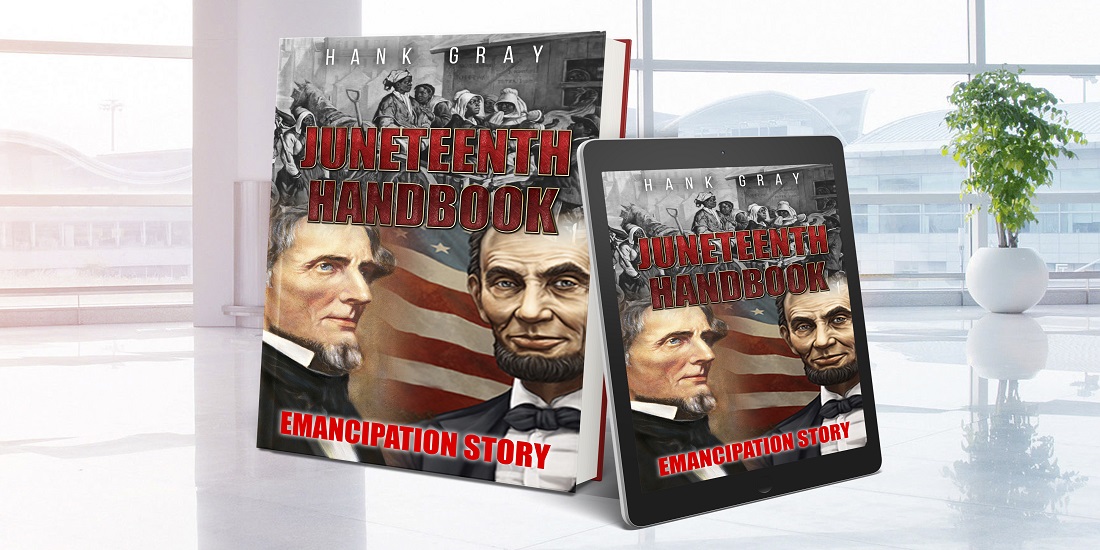As settlements and territories began to open up west of the Mississippi the south was unhappy about the fact they might not be allowed to expand slavery into the new territories, tired of restrictions against their expansion the south chose to fight it out. The north, or at least Lincoln's philosophy seems to have been tempered, rather than go for the abolishment of slavery, go for restricting the expansion of slavery into the new territories. Both of these views were abrasive to Frederick Douglass's ideas about ending slavery once and for all.
All through his life, Douglass had faced challenges living life as an escaped slave himself. He knew the injustices suffered by black people living in a nation where they were not treated equally, unable to vote, unable to live free of slavery's laws, and not even considered citizens of the union he was willing to fight for. So while Douglass chose the straightforward abolishment of slavery now! Abraham Lincoln was faced with his own unique set of challenges.
Lincoln's rise to the presidency was looked upon by the south as a bad omen. Imagine taking over as president and your first order of business is Civil War. For the new president, Abraham Lincoln, it was pretty much all downhill from there. In his inauguration speech, a nation's ears waited for their telegraphs and newspapers to get some idea what was on the new president's mind with regard to the firestorm he had just walked into. Like all presidents, I'm sure he realized that whatever he said would not please everyone.
On his desk already was news that most of this nations graduating class of military cadets were leaving to fight with the south. Southern forces had taken control of Fort Sumpter, and one after the other states were seceding from the union at a rate that no one knew where it would all end. On the campaign trail, most of Lincoln's conversations with Fredric Douglass had been positive and offered some promise, where Douglass' all or nothing approach to the end of slavery, and Lincoln's more measured approach was concerned.
However, listening to Lincoln's inauguration speech Douglass became in-raged and convinced that Lincoln had totally capitulated to the south. Listening to words from Lincoln that if he could preserve the Union without freeing one slave he would do it. He listened as the candidate he had supported ensured southern lawmakers that slavery was not the true issue of his drive to retaliate against the south, even going so far as to assure southern lawmakers that he intended to assist southern slave chasers in search of runaway southern property, slaves.
Frederic Douglass' Sunday declarations each afternoon at Zion Church on Spring Street, in Rochester, spoke about black involvement in the Civil War. He preached to his black audience "Let us not only be ready on call but casting about for and opportunity to strike for the rights of human nature and the freedom of the slaves."
Black troops did indeed put on the union uniform and participate in the Civil War and for those soldiers, their freedom was not simply given to them. They fought for the right to be free and for the ending of slavery in this nation.
Black troops did indeed put on the union uniform and participate in the Civil War and for those soldiers, their freedom was not simply given to them. They fought for the right to be free and for the ending of slavery in this nation.
As a boat captain myself, I enjoyed reading about black Civil War Hero, Robert Smalls, the black man that stole a confederate warship and delivered it to Union forces, while a the same time freeing his family and several others from slavery. The Union navy made Robert Smalls its first black U.S. ship's captain, but since he was never commissioned, he served in all of his battle engagements and skirmishes as a Union ship captain, as a civilian.
Lincoln's Emancipation Proclamation had both good and bad in it as far as
Fredrick Douglass was concerned. The number of people attending Douglass's talk at the Zion Church in Rochester had swelled to the point a larger location was needed. His words of defiance and encouragement from his talks and his monthly newspaper mixed with the words in Abraham Lincoln's Emancipation Proclamation was the spark that was needed by hundreds of free colored men, and some slaves, who wanted to fight.
Douglass was disappointed that the proclamation didn't go far enough, the document did not free the slaves in friendly northern states. In the end, the south lost its bid to preserve and extend slavery's empire. The north was victorious in preserving the union of states and reclaiming all of the forts, and territories taken from them by the confederate states. Frederick Douglass's drive to have colored troops among those fighting to preserve the Union was successful.
Some 180,000 black soldiers and sailors fought for the Union and of the total colored troop participation, 40,000 would make the ultimate sacrifice fighting in the Civil War. The loss of life would include about 10,000 who would die in combat with another 30,000 colored troops that would die from infection and disease.


